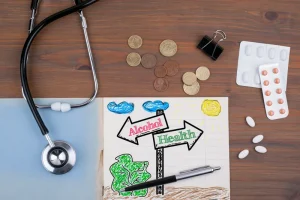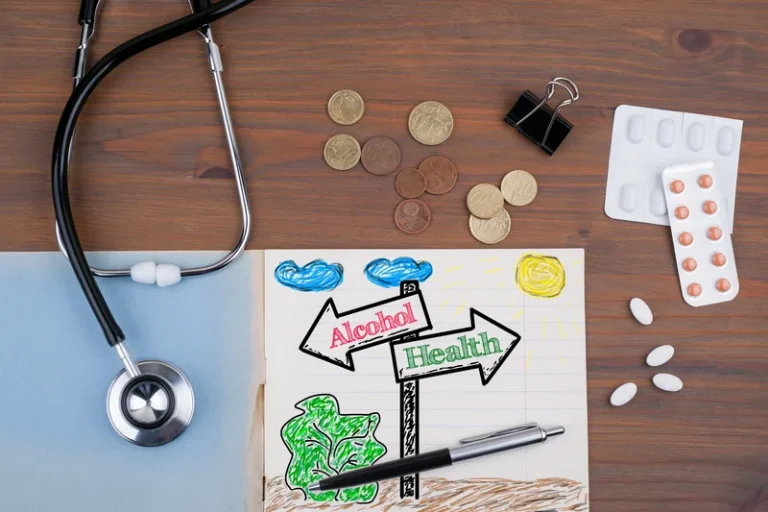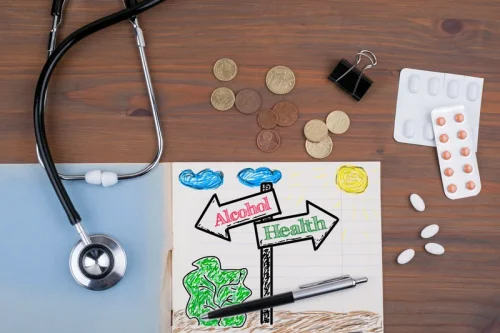
It’s not recommended that you start drinking alcohol if you don’t normally. Having the restraint to consume only moderate amounts of alcohol may be challenging for some individuals. According to research, moderate consumption of alcohol has been found to cause a small increase in your HDL (good) cholesterol.
Can I drink alcohol if I have high blood pressure?
Occasional, moderate alcohol use should be safe for most people who are taking blood thinners. For example, people with liver problems may need to limit their alcohol use more strictly. Although alcohol thins the blood, long-term use can have a different effect. When a person drinks excessively for long periods, their risk for a stroke increases.
Risks and Considerations
Some people wonder if specific types of alcohol, like red wine or beer, is alchohol a blood thinner are better for blood pressure alcohol. It’s crucial to consult with a healthcare provider before consuming alcohol while on blood thinners and to follow their guidance regarding safe levels of consumption. Monitoring for signs of bleeding is also essential, as prompt medical attention can help prevent complications. Understanding the potential risks and interactions between alcohol and blood thinners is crucial for your overall health and well-being.

Monitoring for Signs of Bleeding
Addiction Resource does not favor or support any specific recovery center, nor do we claim to ensure the quality, validity, or effectiveness of any particular treatment center. No one should assume the information provided on Addiction Resource as authoritative and should always defer to the advice and care provided by a medical doctor. If you suspect alcohol misuse or experience characteristic symptoms of a blood clot, such as swelling, pain, redness and warmth in the affected area, seek professional help promptly. Never withhold information about alcohol intake from your doctor, as it impacts treatment decisions. Alcohol may have some blood-thinning benefits but it also has adverse side effects, especially when consumed in excessive amounts. These side effects can include organ damage, high blood pressure, weakening of the heart muscle, and an increased heart rate.
Impact on Heart Health
- Whether you drink alcohol occasionally, regularly, or engage in binge drinking, understanding the impact of blood pressure alcohol levels is critical for your overall health.
- Then, instead of helping, the clots become harmful because they keep blood from flowing through your veins and arteries as it should.
- When you’re injured, blood cells called platelets rush to the injury site.
- Drinking alcohol and blood thinners at the same time can be a dangerous combination.
- These technologies allow physicians to view detailed images of the brain, identifying areas affected by the stroke.
This means that alcohol can interfere with the formation of blood clots, potentially leading to prolonged bleeding. Moreover, alcohol can also affect the liver’s production of clotting factors, further contributing to the potential impact on bleeding. Long-term effects of excessive alcohol consumption can be detrimental to blood and heart health. Both high blood pressure and heart disease risk are increased in people who use the substance in excess for an extended period. Drinking alcohol in moderation may have a protective effect on your blood vessels.

However, it’s important not to rely solely on red wine for heart health and to consume it in moderation. If you take blood thinners and wish to consume alcohol, speak to your healthcare provider first. They will consider the state of your health and the medications you take.

This physiological response primes a person to be alert and ready to act. Alcohol can cause an increased release of cortisol and, in turn, higher blood pressure and a faster heartbeat. The effects of alcohol consumption on the blood are either short-term or long-term. Short-term effects happen to occur during or Oxford House directly after consuming alcohol, and long-term effects are driven by excessive use over an extended period of time.
- Drinking more than three drinks in one day or heavy alcohol use over time significantly raises blood pressure alcohol levels.
- But in people who drink heavily, there can be a rebound effect in which the bleeding risk increases, even after they’ve stopped drinking.
- To understand the specific interactions between alcohol and your prescribed blood thinner, it’s crucial to consult with your healthcare provider or refer to reliable sources.
- Another reason for the increase in blood pressure and heart rate is how alcohol affects hormones, specifically the stress hormone known as cortisol.

However, moderate consumption doesn’t https://ecosoberhouse.com/ significantly affect the metabolism of warfarin. Always consult with your healthcare provider before making any decisions regarding alcohol consumption while on blood thinner medication. They can provide personalized advice based on your specific health condition and medication regimen. People taking blood thinners are cautioned against drinking alcohol, but research has found that it is generally safe when done so infrequently and in moderation.

Acting as a blood thinner, alcohol can then also lower the risk for a stroke, which is when there is a reduced flow of blood to the brain due to blocked or narrowed arteries. Some people take medications to prevent the blood from clotting or slow the clotting process. They may refer to them as blood thinners, anticoagulants, or antiplatelet drugs. A doctor may prescribe these medications to reduce a person’s risk of heart attack and stroke. When taking blood thinners, it’s crucial to maintain open communication with your healthcare provider regarding alcohol consumption. They have a comprehensive understanding of your medical history, specific blood thinner medications, and any potential interactions or risks that may arise.
Long-Term Cardiovascular Health Concerns of Alcohol
Drinking too much and too often can cause a plethora of negative health consequences. Even just drinking regularly for a long time can damage the body and have harmful side effects. Alcohol is mostly broken down in the liver, which serves to filter out toxins from the blood. Alcohol can stimulate the liver to then increase production of HDL (high-density lipoprotein cholesterol), which can then work to break down LDL (low-density lipoprotein cholesterol).
